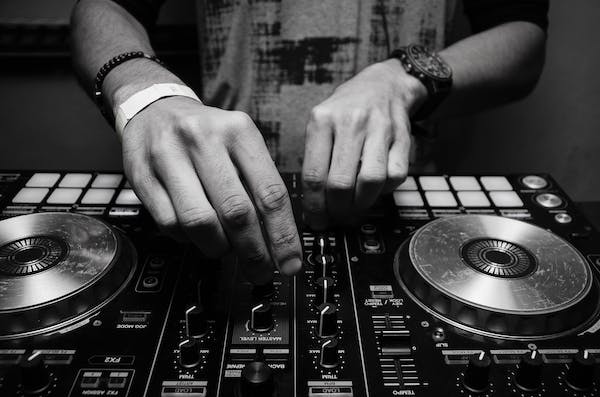It’s no secret that music is an integral part of many people’s lives. From soothing jazz standards to booming beats, music is often used to express emotions and it can be a powerful tool to help in mental health.
Research has shown that listening to certain types of music and playing music can help reduce anxiety, stress and depression. Music can also help bring balance to our thoughts, feelings, and behaviors. For people with serious mental health issues, music can act as a form of therapy and can help promote healing.
One way that music helps with mental health is by reducing stress levels. Listening to calming music can help reduce your heart rate, lower your blood pressure, and bring down levels of stress hormones in the body. Studies have found that certain types of music, such as classical music, can have a more calming effect on the brain than other genres.

Music can also be used to boost moods. Uplifting or upbeat music can improve your overall mood and outlook on life. Music has also been found to help stimulate creativity and can be a great tool for those struggling with mental health issues.
Playing music can also be beneficial for mental health. For those with depression, it can provide a creative outlet and a distraction from unpleasant thoughts. It can also help people with anxiety to process their feelings and thoughts, and can help them to express themselves in a productive way. Playing music has also been found to help reduce negative thoughts and focus on positive ones.
Playing music can also help with physical health. Studies have found that playing instruments can help improve hand-eye coordination, motor skills, and cognitive function. Additionally, playing music can help reduce muscle tension and improve overall mental and physical well being.
Finally, music can be a great way to connect with others. Listening to or playing music with others can help foster a sense of belonging and create a sense of community. It can also be a great way to share experiences with others and can be a form of self-expression.
Overall, music can be an effective tool for mental health. It can help reduce stress and improve mood, aid in physical health, and help foster a sense of community with others. Everyone’s mental health needs are different, so it’s important to find the type of music and the activity that works best for you. However, for those looking for a way to help manage their mental health, music can be an effective solution.